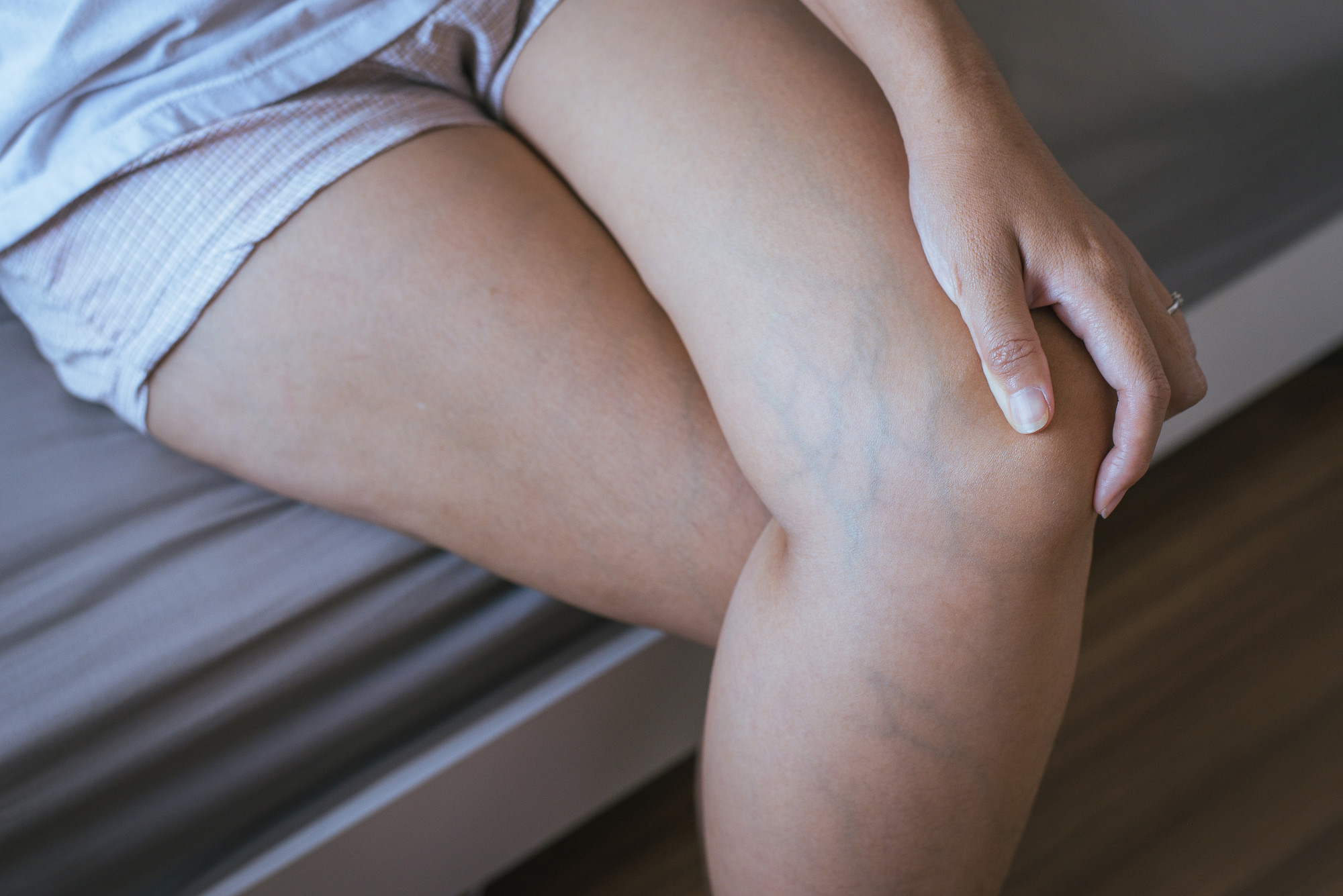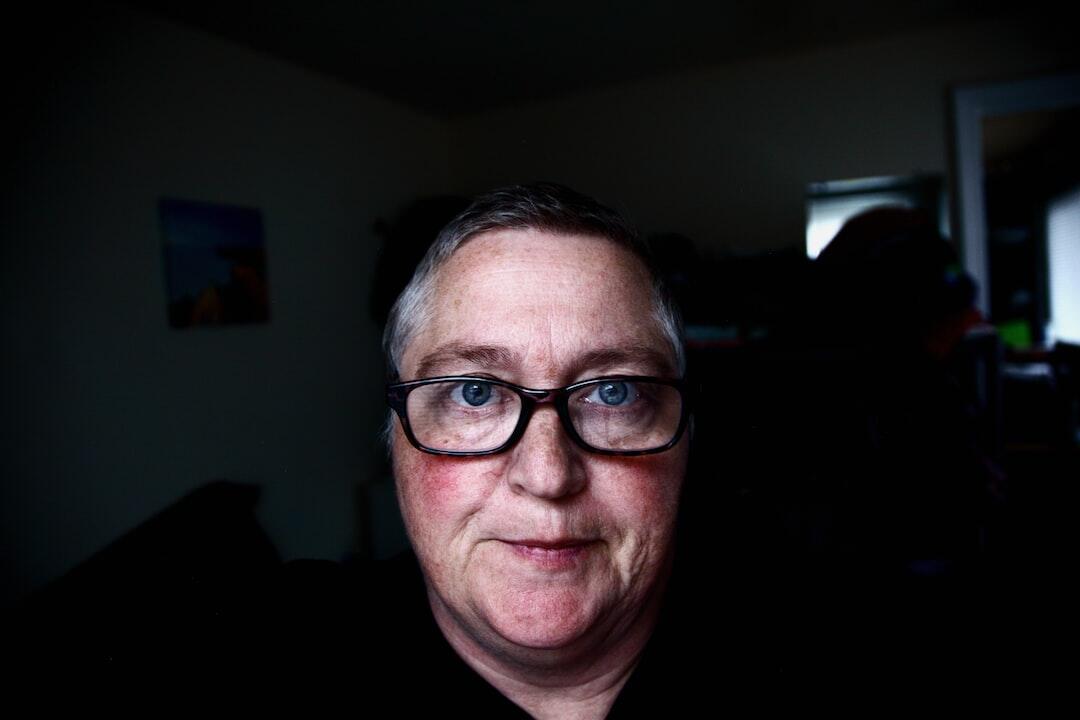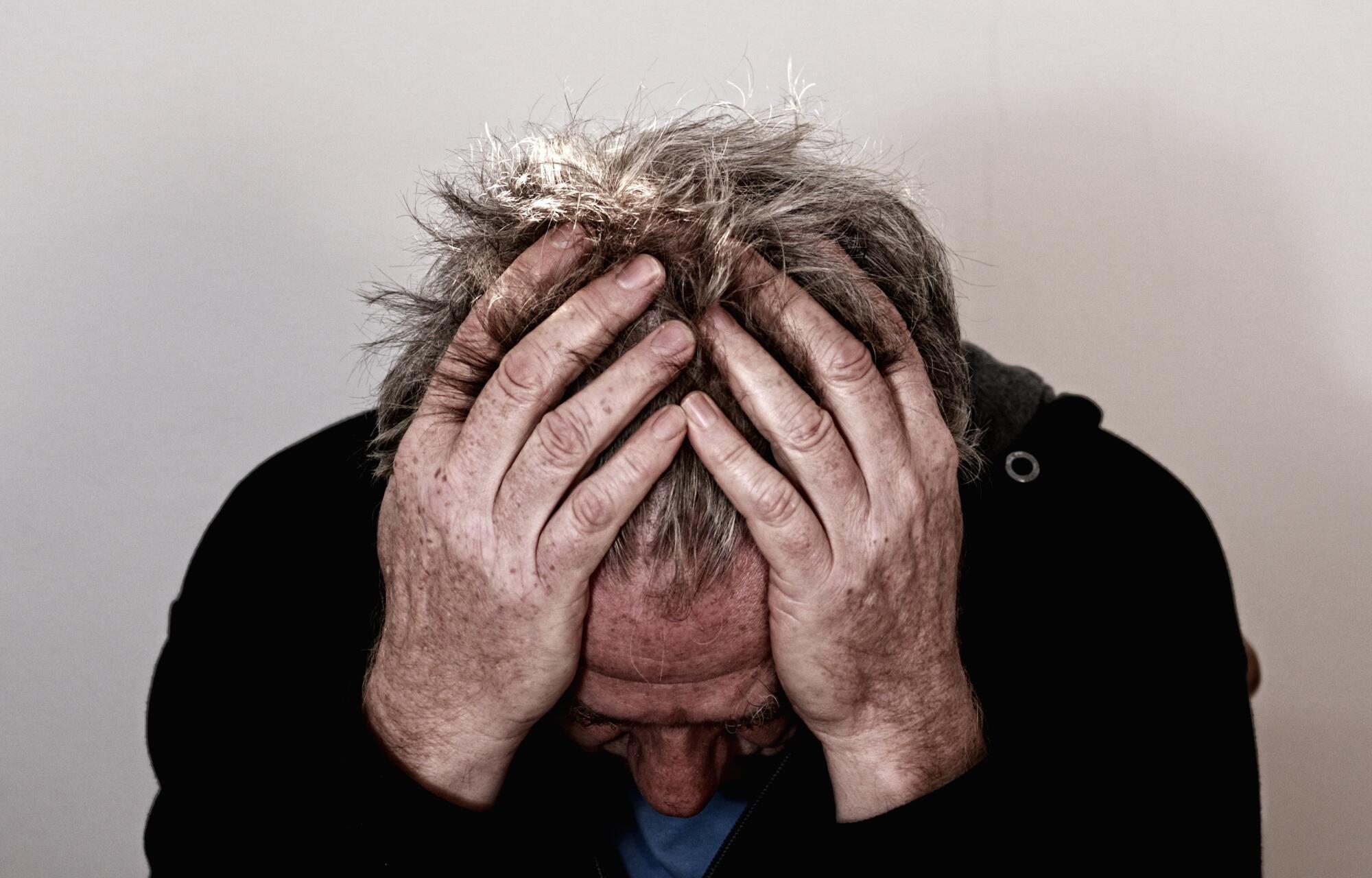
5 Steps to Improving Vein Health and Longevity

We want to keep you in circulation by improving your vein health. From small, everyday changes you can make right now, we’ve got you covered to more considerable changes and medication.
We’re specifically excited about the Venotrex reviews we’ve seen. While this varicose vein treatment isn’t your only option, it is the most widely credible pain treatment for problematic veins.
So, starting with the simple stuff, what can you do to treat your body like the temple it’s always been?
1. Hydrate
We cannot overstate the importance that hydration has on regulating your bodily functions.
Hydration is the secret behind a correctly working body. Some veins in your body are at a higher risk of drying out than others. Give your body enough hydration to go around.
As you hydrate, you thin your blood. As your blood thins, it becomes easier to transport liquid and nutrients around your body.
Proper hydration also helps prevent the formation of blood clots, prolonging your life span in general.
An excellent way to identify a deficiency in yourself is to look for bloating and swelling the happens without explanation throughout the day.
We recommend drinking at least eight 8oz cups of water a day to guarantee that you’re properly hydrated.
2. Wear Compression Socks and Elevate
If you’re naturally more prone to inefficient blood flow, then you should consider wearing compression socks and elevating your legs often.
At-risk groups for venous problems usually include people with genetic traits that predispose them to venous inefficiencies, pregnant individuals, and sedentary workers.
Compression socks and elevation assist the natural pump that your veins create to move blood throughout your body. Compression socks help because they exert pressure on the veins in your legs where blood can tend to pool. The heart then takes this excess blood and redistributes it around the body.
The same principles apply to elevating your legs. Allowing gravity to assist the flow of your blood is an excellent use of Newton’s laws. Elevating your limbs is often easier and cheaper to do than using compression socks, and it’s also very effective. If you can’t currently afford compression socks, then elevate your feet for five minutes or more periodically throughout the day.
Both of these tricks use stationary actions to encourage blood flow, but what if you can’t bear to sit still for any longer?
3. Walk Away From Bad Vein Health
Weight lifting doesn’t do anything for your veins. Sure, exercise might make your veins pop slightly, but weight lifting won’t do jack. Instead, do cardio.
Walking isn’t “hard” cardio by any means. We might even be hard-pressed to call walking “easy” cardio. However, going for walks has several substantial benefits. First and foremost, walking promotes circulation throughout your body.
Second, walking is a low-impact activity meaning that you can walk anywhere and you never have to worry about destroying your knees with a run on the pavement.
Walking even activates your legs in a way that’s similar to compression socks. Consider fitting a daily walk into your schedule.
4. Eat Healthily Always
One of the biggest influences that our body has is the food that we consume daily.
Here are the foods to eat to protect vein health (and your help in general).
Eat Fiber
Great fiber sources include oatmeal, brown rice, salads, broccoli, avocados, Chia seeds, and lentils.
Dietary fiber is one of the cornerstones of your digestive tract. Not only does fiber help you process food, but it also enables you to keep unwanted weight off. While we certainly don’t judge you based on the weight that you are, extra weight is one of the leading causes of varicose veins.
The more you can do to promote your capillary health, the better off you’ll be.
Eat Low Sodium Foods
Salt is fantastic. It’s one of the main reasons why the food we eat is so dang good. However, no matter how good it is, too much salt is too much salt .
Always eat your salt in moderation.
It may also be a surprise you to learn that excess salt causes your body to RETAIN water instead of drying your veins out. Directly because of this, your blood pressure will skyrocket, and your blood won’t move as well as it used to.
If you can stay away from sodium-rich foods, then you’ll be doing yourself a favor.
Eat a Decent Amount Of Vitamin C
Excellent Vitamin C sources include broccoli, strawberries, cauliflower, dark leafy greens, Brussel sprouts, oranges, and bell peppers.
You can never have too much Vitamin C. Literally; you cannot have too much Vitamin C. Any Vitamin C you take in will quickly pass through your system instead of remaining in it.
Vitamin C will help you keep your body limber and your veins elastic, minimizing any future injuries.
Don’t Forget the Vitamin E
The best, Vitamin E rich pieces of food are nuts, seeds, avocados, olive oils, pumpkins, mangos, dark leafy greens, and fish.
Vitamin E helps to prevent blood clots. If anything, Taking Vitamin E is insurance against the future possibility of a fatal clot.
5. Consider Our Favorite Vein Health Treatment
Sometimes, our problems are bigger than us. That saying rings true where your vein health is concerned.
If you start to notice extreme swelling, a sense of heaviness, and constant fatigue, then reach out to a health professional immediately.
Next, consider medication for consistent pain. There’s no shame in that. For constant pain from varicose veins and similar issues, we recommend Venotrex. Venotrex has been clinically proven to reduce pain, itching, cramps, fluid retention, and swelling. We recommend a two-month treatment plan for the best results. It’s also easy to buy at online pharmacies like kiwi pharmacy.
Don’t Let Your Vein Health Lay By the Wayside
Your vein health is essential; don’t neglect it or forget about it.
As you begin your vein health journey, start with the easy stuff like walking and hydrating. Then, if your problems persist, make a change in your diet and visit a doctor. Ask them for their Venotrex reviews.
The more advantages you give yourself, the more likely you will succeed in your quest to rid your body of unwanted venous issues.
If you’re looking for a digital drug provider, consider us. Kiwi Drug has an excellent track record and a wide selection of medications. We can’t wait to guide you on your vein health journey!

